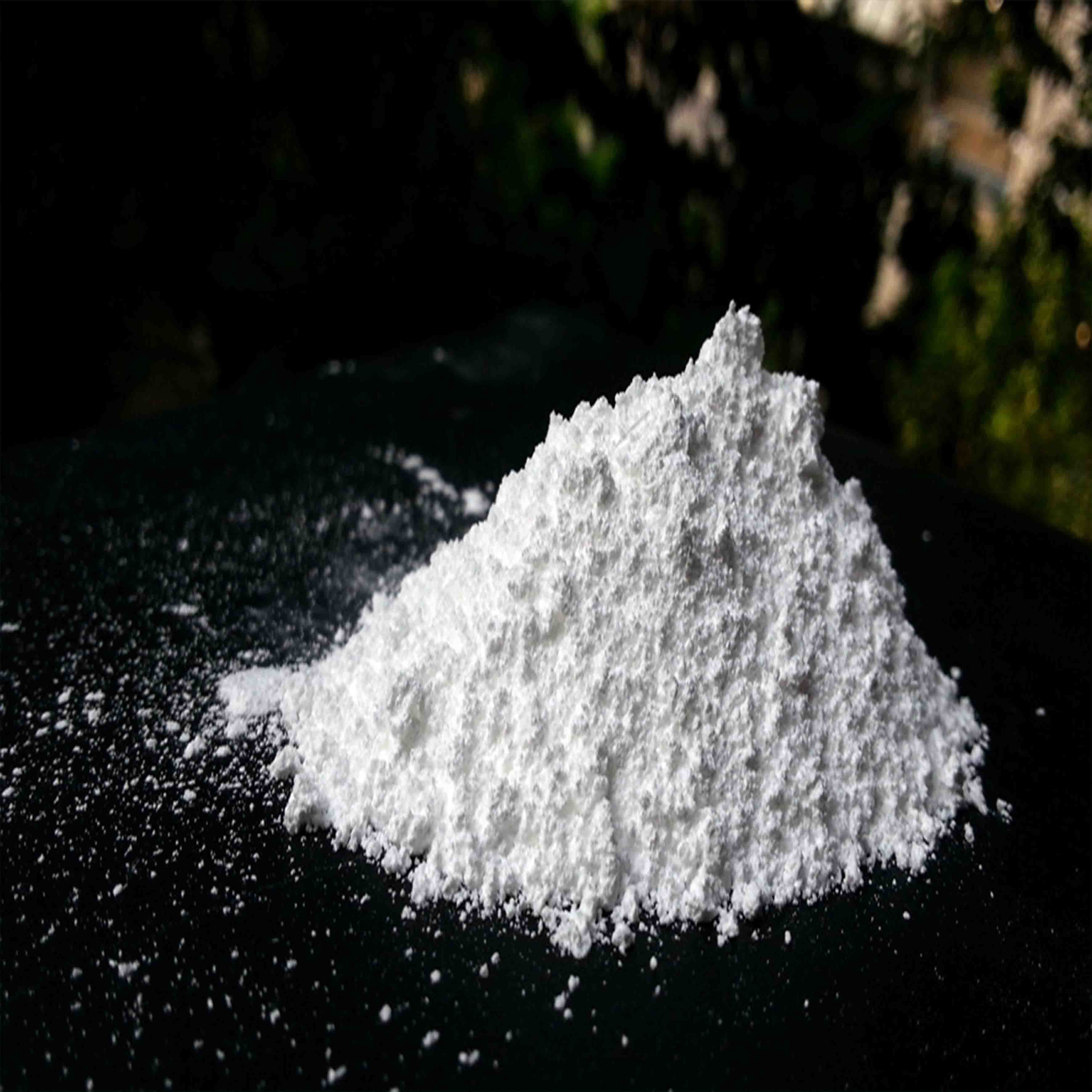...
2025-08-14 16:12
2887
...
2025-08-14 15:43
2260
...
2025-08-14 15:22
439
...
2025-08-14 15:05
1632
...
2025-08-14 14:47
2232
...
2025-08-14 14:37
1946
After beneficiation, the barium sulfate is then processed into superfine particles
...
2025-08-14 14:09
785
...
2025-08-14 13:41
1658
...
2025-08-14 13:35
1855
...
2025-08-14 13:31
156
